Kenya
Fuel prices have risen once again in Kenya after the government partially removed subsidies that cushioned consumers from the global hike in oil prices.
The energy regulator said late on Wednesday night that it had removed the subsidy for super petrol while retaining a smaller subsidy for diesel and kerosene.
At the new prices, super petrol – mostly used by private motorists – will now cost about 179 shillings ($1.5) a litre, up from 1.3 dollars while diesel, which is used by transporters and industries will cost about 1.4 dollars in the capital, Nairobi.
Kerosene, which is mainly used by low-income households for cooking and lighting, will cost about 1.2 dollars a litre.
It comes after President William Ruto called fuel and food subsidies "costly and ineffective", in his inaugural speech, Tuesday.
Ruto said Sunday that Kenya was "in a deep economic hole" and repeated his pledge to lower the cost of living as a priority upon taking office.
The East African political and economic powerhouse is reeling from a once-in-a-generation drought and inflation is at five-year highs. In June, the World Bank projected Kenya’s (GDP) would grow by 5.5 percent in 2022, a moderation following last's year recovery when the country’s economy grew by 7.5 percent.




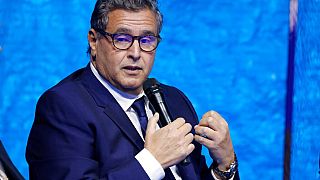
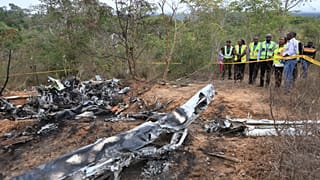
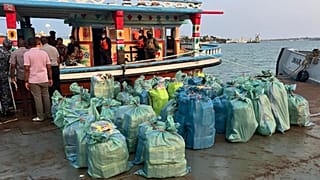
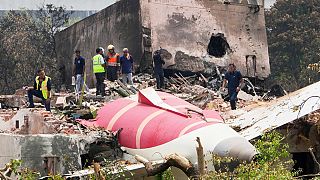
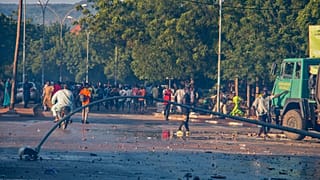


02:31
Mali's fuel shortage sparks urgent advisories from Western countries
00:58
Western countries urge citizens to leave Mali as fuel crisis deepens
01:14
Cholera surges globally as vaccine shortfalls and poverty fuel resurgence
01:00
Pix of the Day: October 29, 2025
00:57
US Embassy urges Americans to leave Mali immediately amid Jihadi fuel bloackade
01:22
Malian government forced to close schools due to fuel crisis